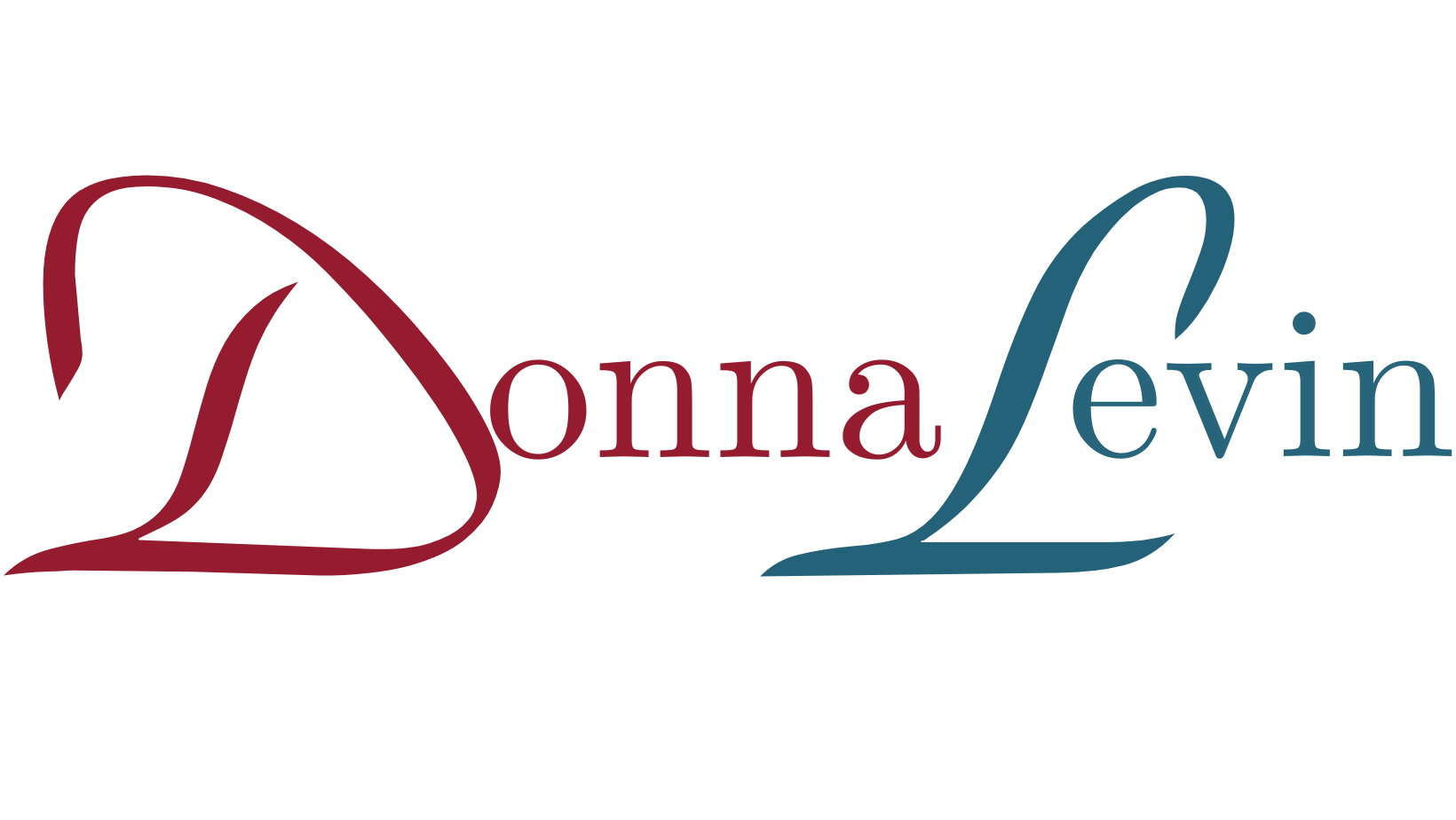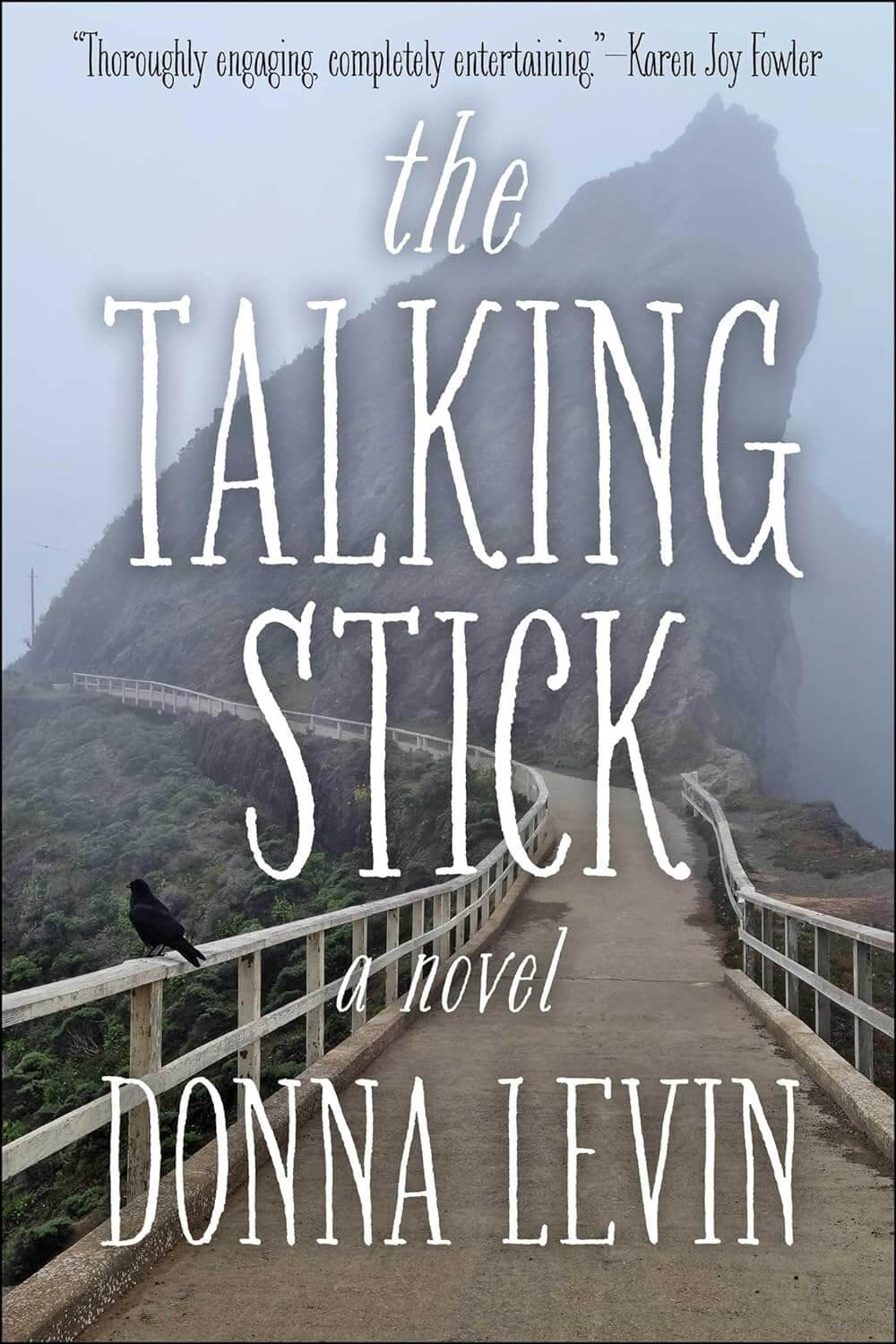
NOW AVAILABLE!
Four women find humor, truth, romance, and a better path forward by deconstructing memory and emotion… and expose a wannabe cult leader along the way.
Hunter is lost. Her husband left her for Angelica, her former best friend whose new hit memoir is spreading unsavory lies about Hunter. She’s unemployed with no prospects, and the San Francisco flea market she’s wandering on a weekday is so foggy that she literally doesn’t know where she is.
It’s only after a helpful visit and a gift from a stranger who appears from the mist that Hunter finds her resolve. She begins a support group for women looking for new beginnings—only to have Angelica start one, too. In the next room over. One that feels very cult-y.
The Talking Stick is the adventure of Hunter and the three women who join her reclamation journey. Together, they reexamine their pasts, explore their grief, addictions, parenting, and marriages, and discover that some of their most-cherished memories are romanticized versions of the truth. Meanwhile, they unearth other memories—memories that challenge how they’ve been living for years. And, with the help of a lawyer who prefers life on a houseboat to the pretensions of the city, Hunter unravels Angelica’s scheme.
The Talking Stick is a fast-paced dramedy set in the Bay Area, told with the characteristic humor of Donna Levin, an author whom Kirkus called “A witty, modern voice” and the Los Angeles Times deemed “a novelist to keep high on your reading list.”
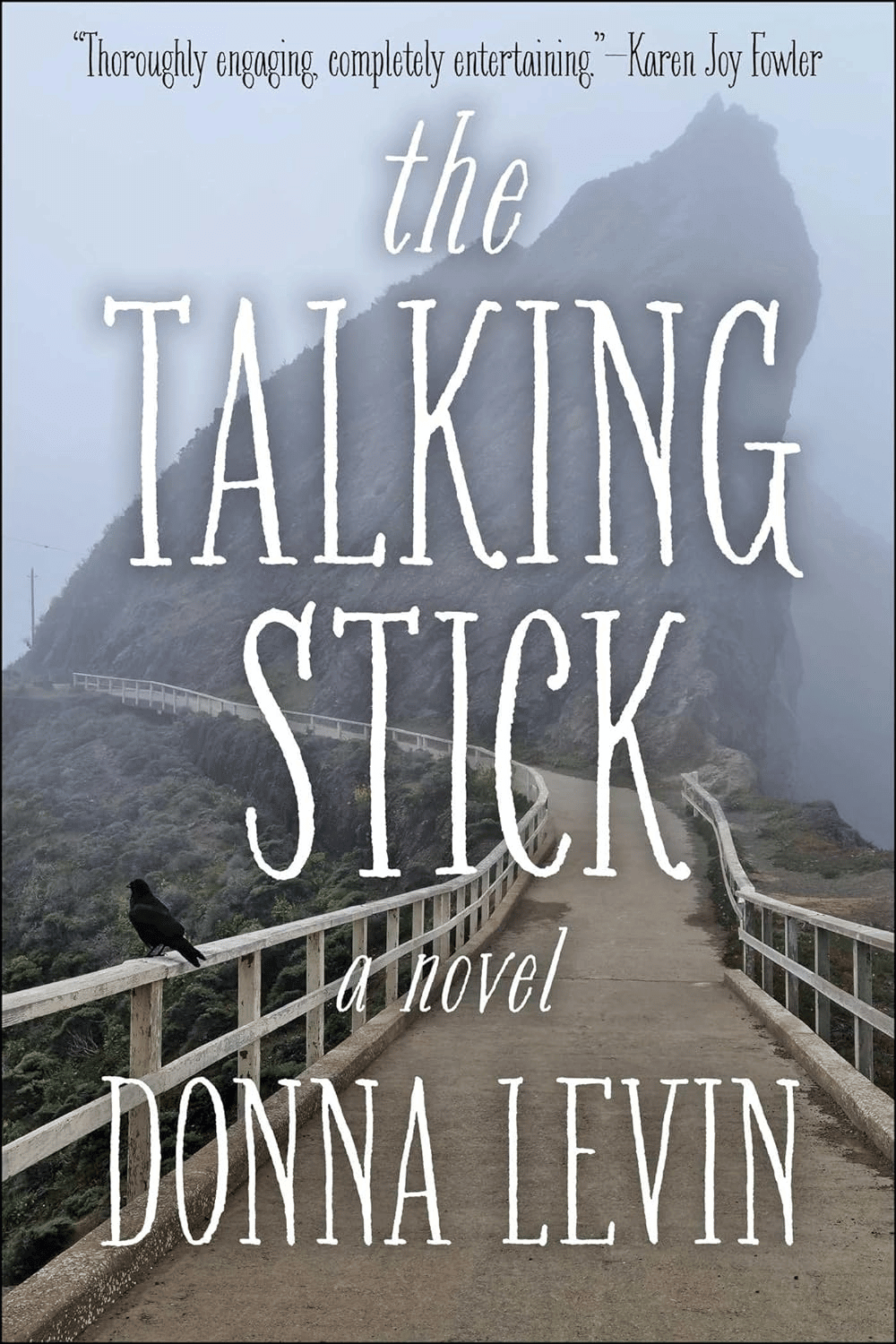
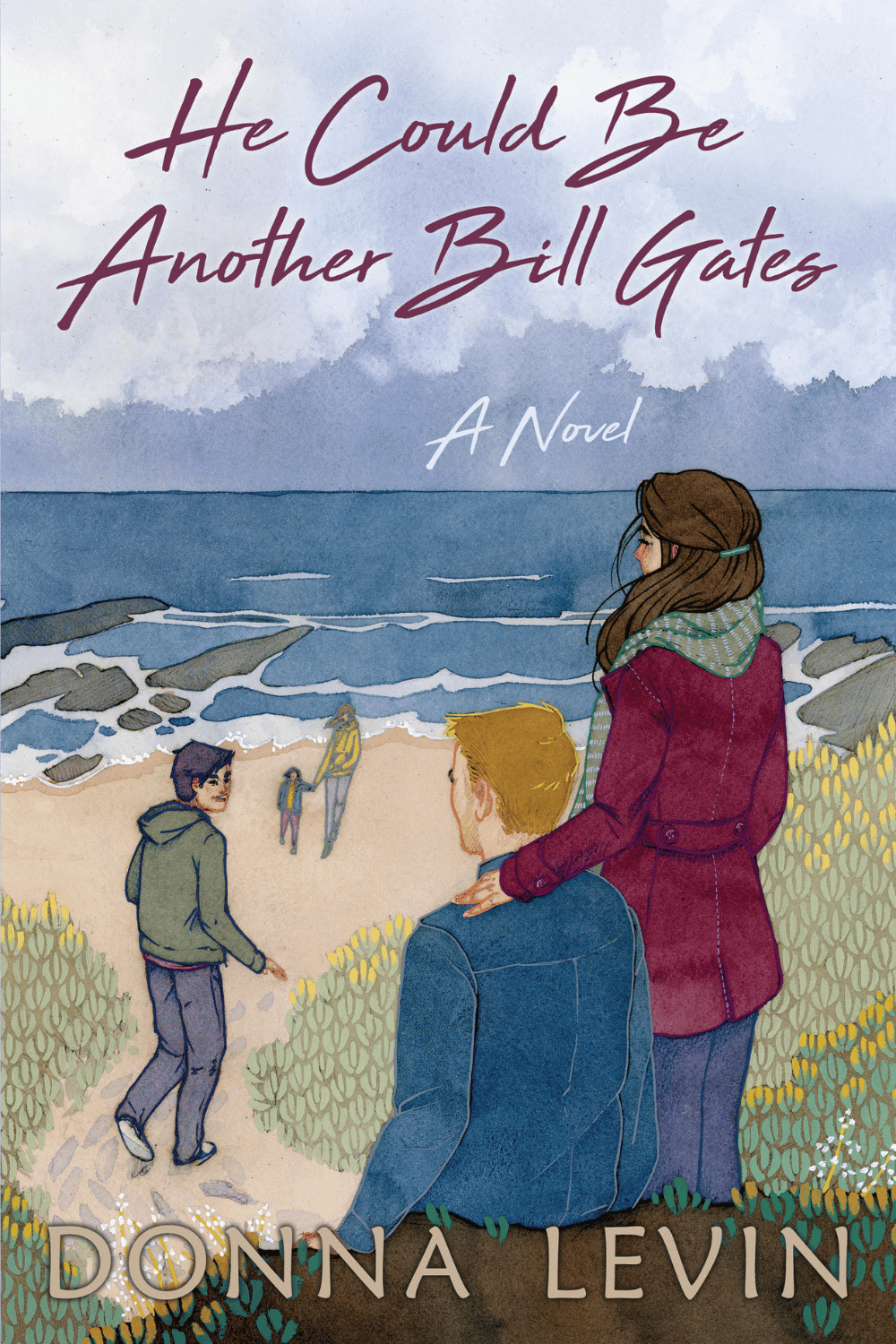
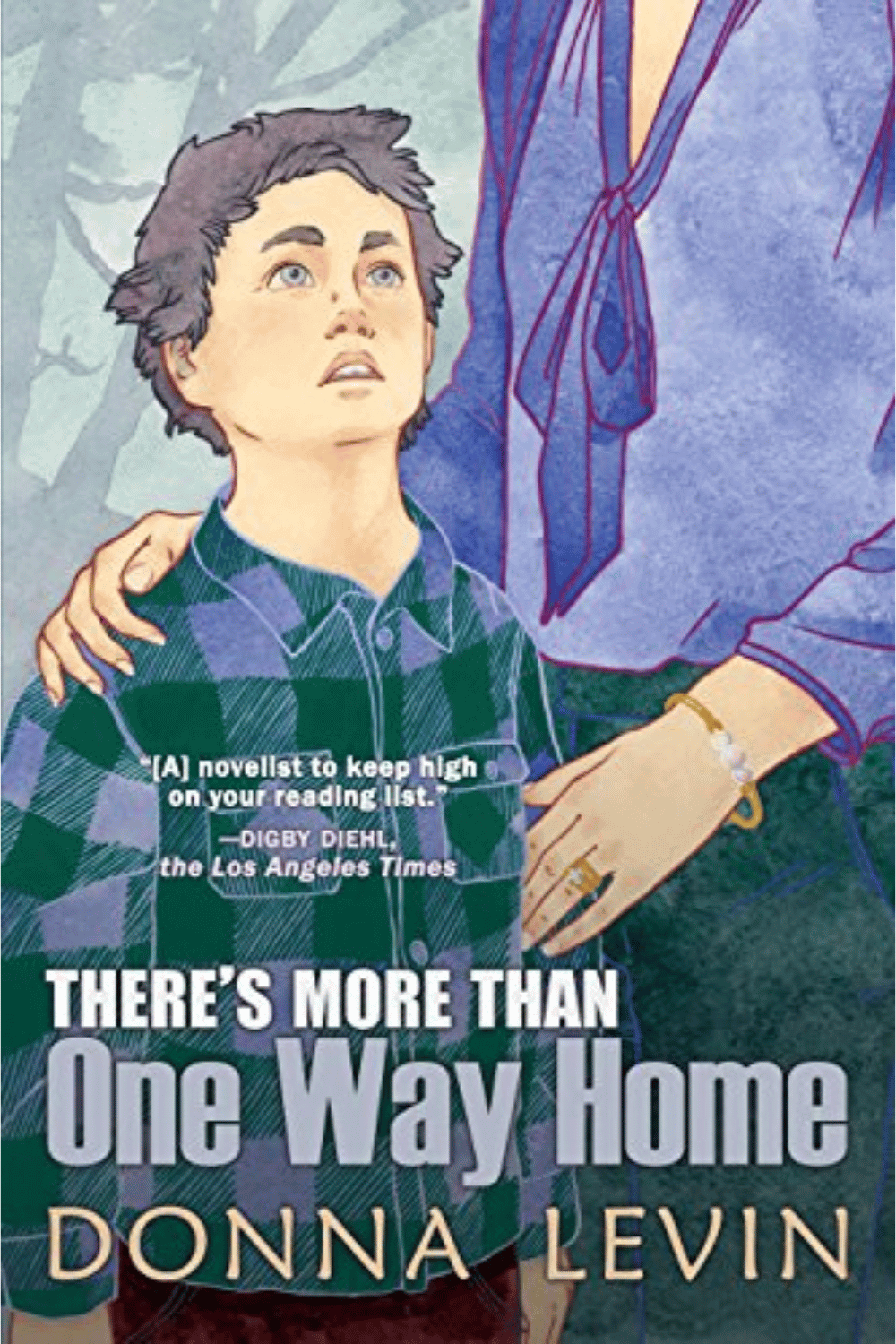
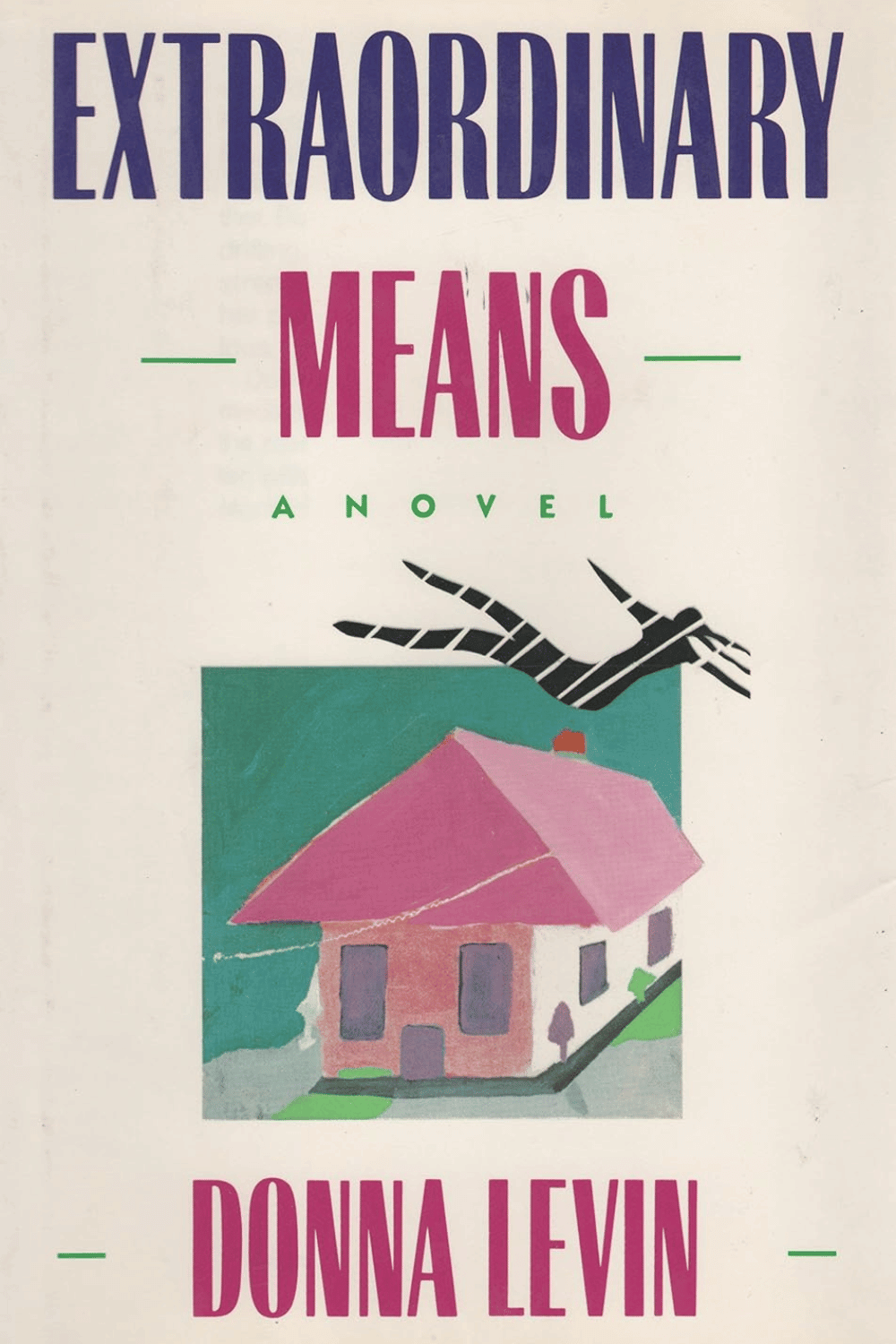
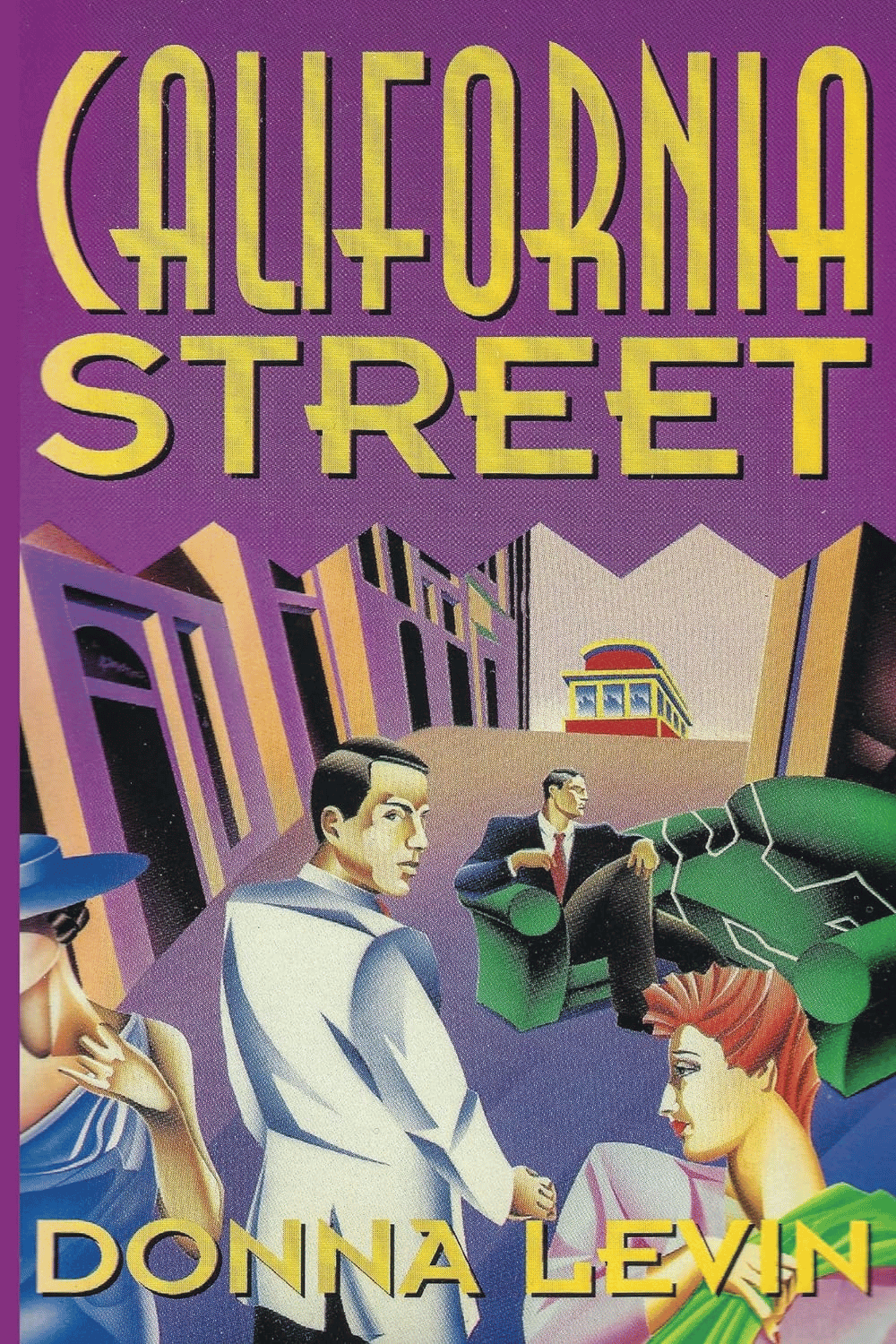
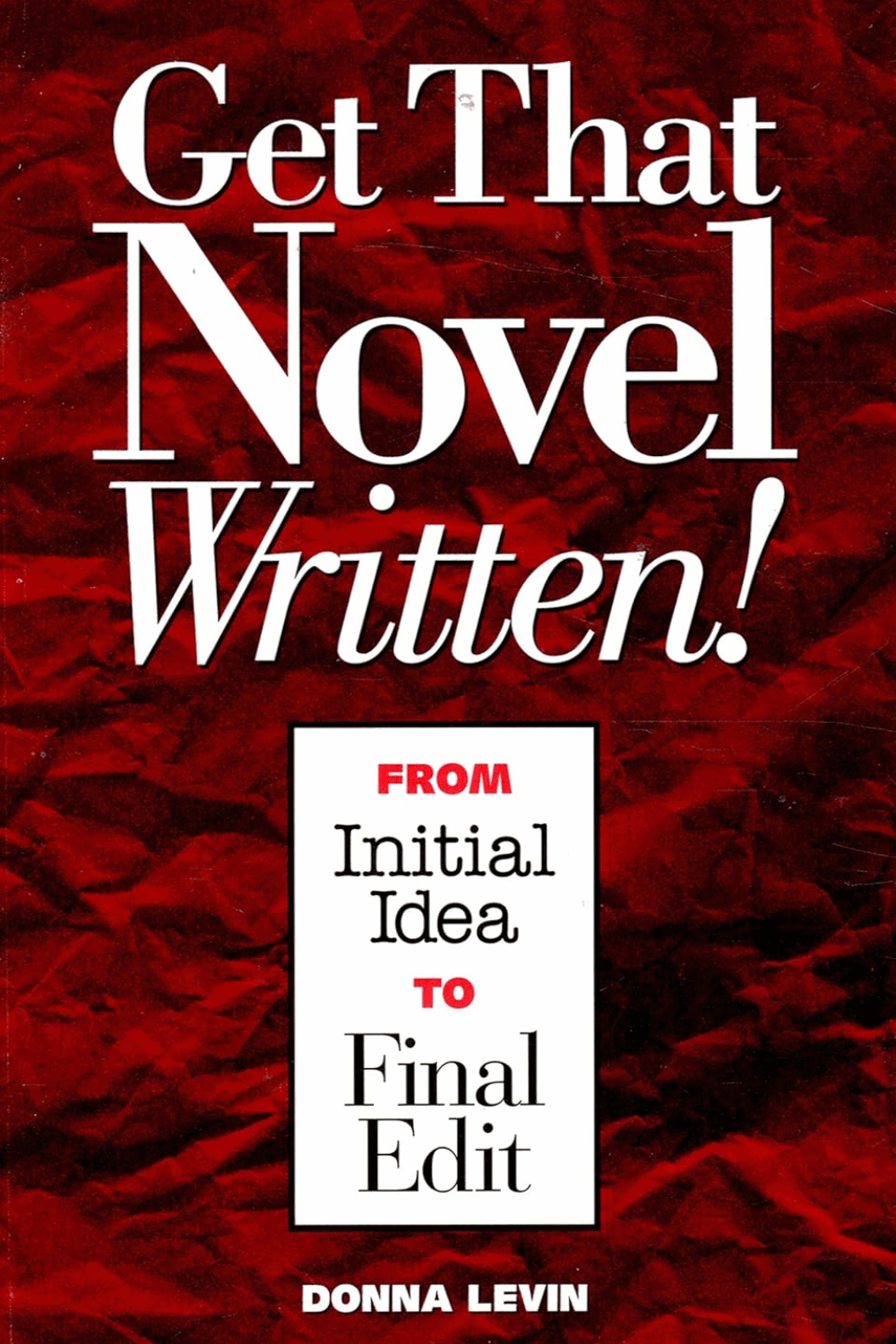
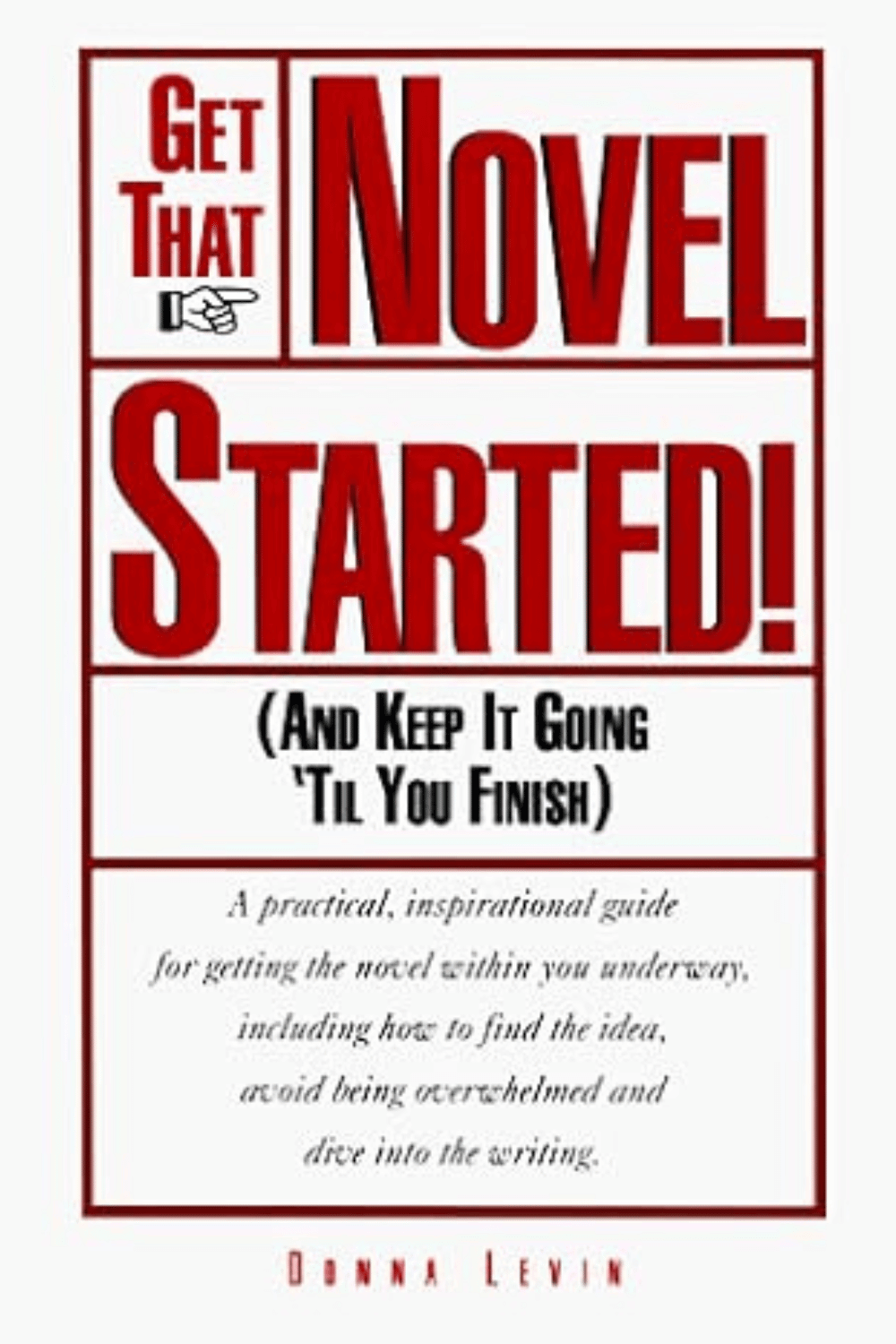
“Talent is extremely common. What is rare is the willingness to live the life of a writer.”
Kurt Vonnegut
About Donna
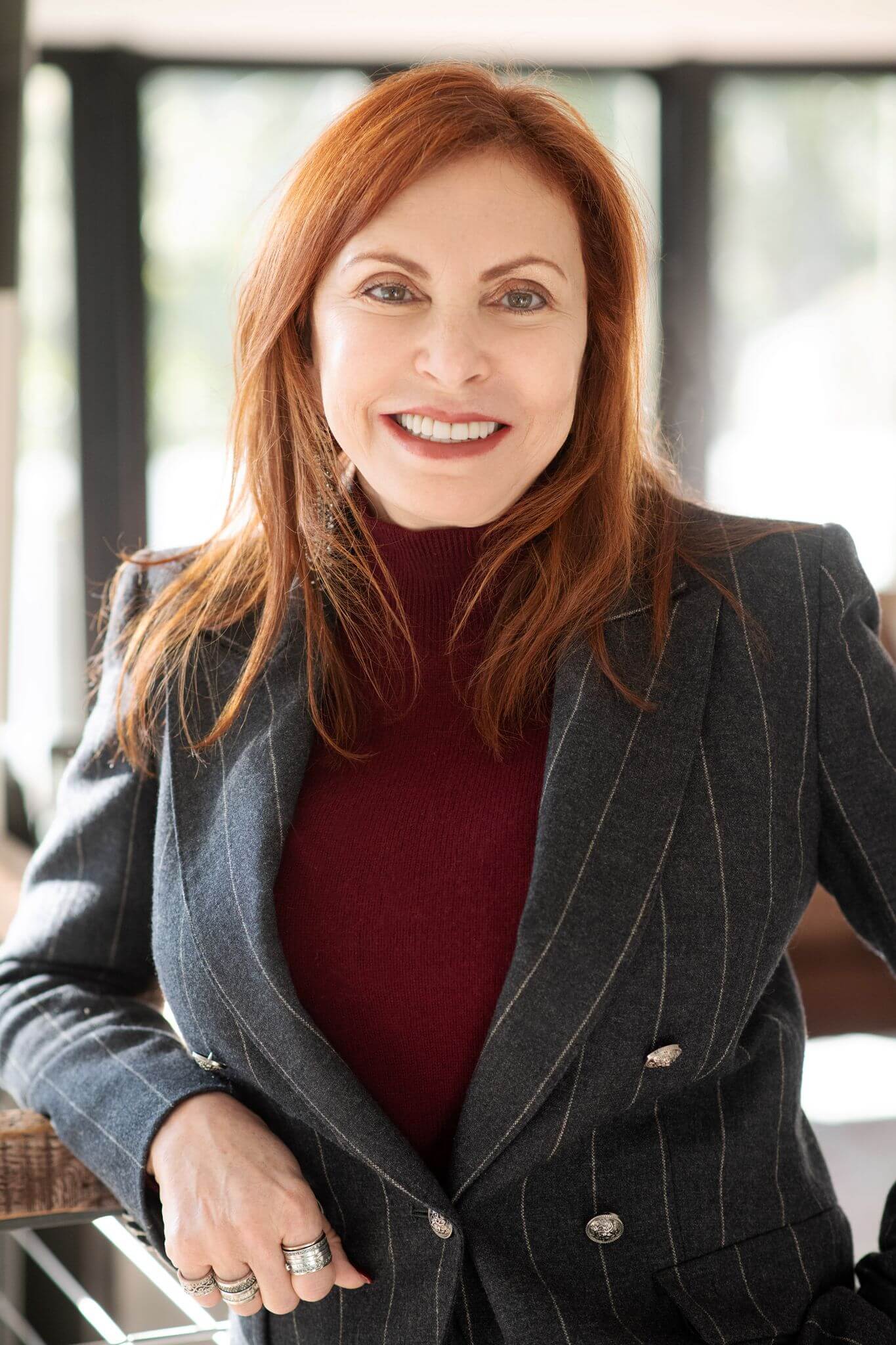
Ten years ago, a former student invited me to come to her writing group as a prospective new member.
This was a group of women (seven in total) who had already been together for many years. It’s usually hard to join a group like that without disturbing its balance, but they made room for me.
I still can’t believe my luck. I often think of what Cyrano says to Roxane in Act II: “Blessed be the moment when you remembered to remember me.” That is a very loose translation, but hey, the original was in French, and it’s all in the public domain.
The women weren’t just a writing group: they were friends, and friends in an unambiguous way. They fully supported each other, and there was a lack of competition among them that gave me hope for the human race. This wasn’t a completely new experience for me, but it was unique in its power. Our email threads approached novel-length whatever the topic, whether it was (sad or happy) news, or a discussion about what food to bring to the next meeting.
I would often talk about the group to my daughter, and one day she said, “You should write a novel about a group like that.”
So I did. Sort of. The four women you’ll meet in The Talking Stick aren’t drawn from life. They are all products of my imagination. But my writing group friends did inspire a story of how women from different backgrounds, with different problems and different aspirations, can become a force stronger than the sum of their parts.
I’ve also always been fascinated by memory. Ask two people to tell you how an argument started, and you’ll get two different stories. Ask two siblings to describe their childhood, and you might end up wondering if they grew up in the same house. Whose version of the past is the “real” one? And what motive do all of us have to revise the past? (Because of course I do it, too.)
This was the other issue I wanted to explore, and, hopefully, make human, with a few laughs along the way.
Writing is the only thing that, when I do it, I don’t feel as though I should be doing something else.
Gloria Steinem
